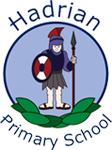Music
At Hadrian Primary School, every child is given the opportunity to explore their potential as composers and performers during our weekly whole-class music lessons. These lessons are taught by our specialist Music teachers, who use a holistic approach that incorporates movement, singing, and playing to help students understand and express themselves creatively in a range of musical styles.
Our school has its own dedicated music and performing arts space, where children can engage with a variety of instruments or move freely in an open area. Music is seen as a social experience, where children collaborate on group projects, building both their confidence and skills as musicians and team players.
The musical journey begins in the early years with song games and an introduction to the different roles of instruments. Through play, children start to explore how sounds can be organised into songs and how they can make music using instruments. They also discover how expression can be used in music, learning to imitate and follow cues. Conducting games give children the chance to lead their friends in musical pieces, developing both leadership and musical skills.
As they progress into Key Stage 1, children begin to recognise and experiment with how sounds can be made, changed, and organised. Simple ideas, sparked by song or movement, develop into creative projects that incorporate harmonic and rhythmic layers. These projects grow into fully realised performances that children can call their own.
In Key Stage 2, the creative journey continues with a deeper understanding of how musical elements can be used. Children reflect on their musical choices, discussing and analysing decisions made by themselves and others. They apply their vocal and instrumental skills alongside their theoretical knowledge to compose and perform in larger groups. In Years 3-6, all children learn a musical instrument, an experience that is key to their future exposure to the creative arts industry and further development as musicians.
By the end of their music journey at Hadrian Primary School, we aim for all children to be confident and curious about how to be creative both individually and collaboratively in their future musical endeavours.
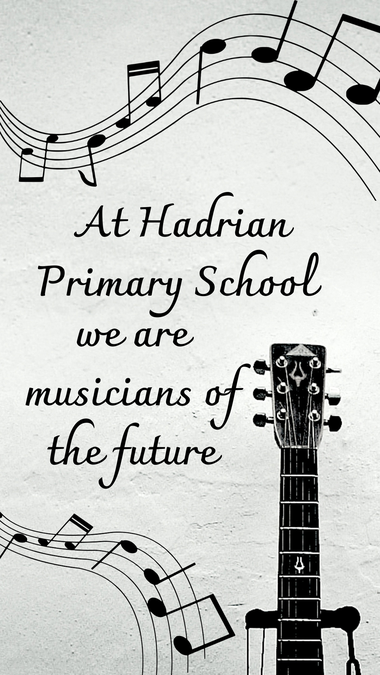
Music Curriculum Rationale
At Hadrian Primary School, we are passionate about music! We want our children to develop a love for music and feel limitless in their ambitions, whether they dream of becoming music producers, songwriters, composers, or rockstars. Our aim is for them to embody our core values and grow in confidence as musicians.
The music curriculum has been thoughtfully designed to ensure that every child develops their musical capital. We want our students to not only remember their music lessons but to cherish these experiences and embrace the many musical opportunities offered to them.
Apple GarageBand lessons are integrated into our KS2 plan and closely link to our Computer Science lessons. his supports our goal of exposing children to technology used in the creative industries, which is one of the fastest-growing sectors in the UK. Additionally, we’ve ensured that all our staff are certified as Apple Teachers, equipping them with the skills to bring music alive in the classroom.
At Hadrian Primary School, bringing music to life is at the heart of everything we do, and we’re committed to fostering creativity and musical exploration every step of the way.

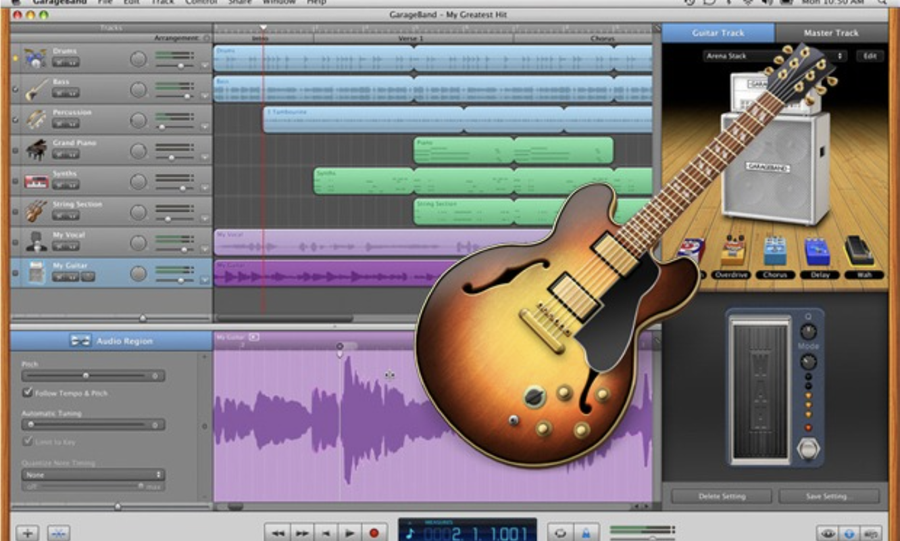
Curriculum Intent: Music at Hadrian Primary School
At Hadrian Primary School, our music curriculum promotes curiosity, a love of learning, and a passion for creativity. It is ambitious and empowers our children to become independent, resilient, and confident in their abilities, preparing them for the opportunities and experiences that await in later life.
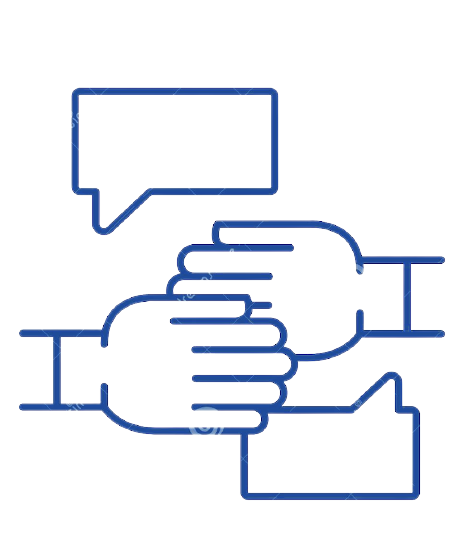
We are proud of our music achievements, including winning Choir of the Year twice and our thriving partnership with Front Row Music, who provide ukulele and guitar sessions, as well as lead assemblies and performances. These collaborations enrich our music curriculum and offer pupils a range of real-world musical experiences.
One of our proudest traditions is the ‘Summer Spectacular’ show, which we have been planning and performing in partnership with The Customs House for over a decade. All children have the opportunity to take part in this spectacular event, performing songs and dances for their families and the local community.
We also continue to offer memorable performances such as our annual Carols by Candlelight, Christmas productions, and performances at local community events. These events are an important part of our music curriculum, helping our students develop as confident performers while sharing the joy of music with others.
To further enhance our lessons, we utilise a Spotify playlist derived from the Model Music Curriculum. This carefully selected music is incorporated into lessons and assemblies, giving children exposure to a wide range of genres and musical styles, which helps to broaden their understanding and appreciation of music from around the world.
Our students are encouraged to use their musical talents to give back to the community. For example, we sing at ASDAand perform during Christmas to raise money for good causes, bringing joy to our local community while supporting charitable efforts. These experiences help our children realise the impact music can have, not just on themselves, but on others, as they use their talents to bring happiness and raise awareness for important causes.
At Hadrian Primary School, music is at the heart of everything we do. We aim to inspire our children, offering them rich musical experiences that build both their skills and their sense of community.
Curriculum Implementation
At Hadrian Primary School, we are committed to providing a high-quality music education that supports the development of key skills, knowledge, and creativity in every child. Each year, we conduct an audit of our music curriculum with support from our local music hub, ensuring that it evolves to meet the needs of our students. The results of these audits inform how we build and develop our music curriculum, ensuring clear progression and opportunities for repetition, which helps embed essential musical learning.
We are currently using the Kapow music scheme, which offers comprehensive, week-by-week lessons for students aged 5-11. This scheme includes lesson plans, assessment tools, and engaging resources, providing a structured approach to music education across all year groups. Our music curriculum is centred around three key areas: Listening and Appraising, Musical Activities (creating and exploring), and Singing and Performing. These areas ensure a well-rounded musical experience, fostering creativity, collaboration, and performance skills in every child.
In addition to this, we offer whole-class tuition in Production, Ukulele and Guitar, which allows children to explore music creation and performance in a hands-on way. These opportunities are designed to enhance our students' musical capabilities, giving them valuable skills that contribute to their growth as musicians and creative thinkers.
By embedding these principles and offering a wide range of musical experiences, we aim to inspire a love of music in our children and ensure they are well-prepared for future musical exploration.
Music Subject-Specific Characteristics at Hadrian Primary School
At Hadrian Primary School, we expect our children to demonstrate a range of music-specific characteristics that support their musical development. These characteristics are communicated clearly to all stakeholders and form the foundation of our music teaching. They are a focal point for our display areas and provide a shared vocabulary for both staff and pupils. The key characteristics we aim to develop are:
- A rapidly expanding repertoire of music, enabling students to create original, imaginative, fluent, and distinctive compositions and performances.
- A deep musical understanding, supported by high levels of aural perception, internalisation, and knowledge of music, including a strong or rapidly developing technical expertise.
- An excellent awareness and appreciation of a variety of musical traditions and genres.
- A thorough understanding of musical provenance, recognising the historical, social, and cultural origins of music and how they contribute to the diversity of musical styles.
- The ability to give precise written and verbal explanations, using musical terminology effectively, accurately, and appropriately.
- A passion for and commitment to participating in a diverse range of musical activities.
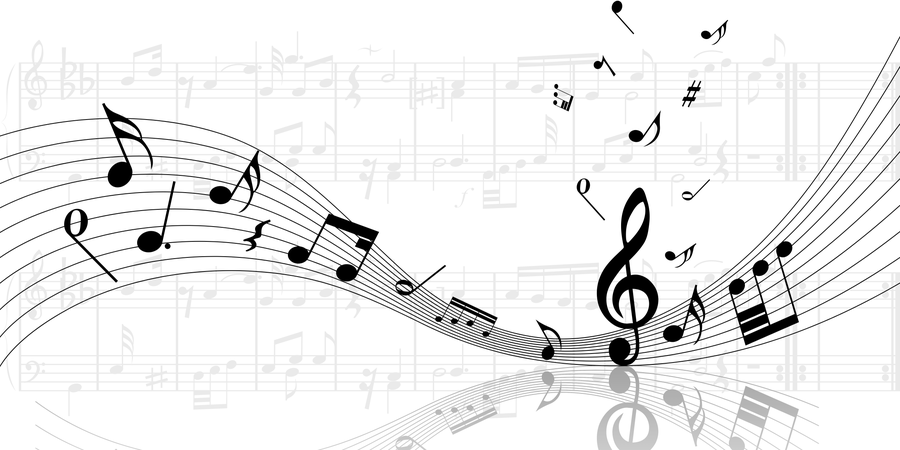
Our staff are empowered to organise their own year group curriculums under the guidance of our subject leaders, recognising that teachers are best placed to make these judgements. Staff create year group-specific long-term curriculum maps to outline when different subjects and topics will be taught throughout the academic year. While the majority of subjects are taught discretely, meaningful links are made between subjects to deepen children's learning and connect prior knowledge to new content.
To ensure that music receives sufficient focus, we encourage staff to teach fortnightly music lessons and weekly singing. This regularity allows for frequent revisiting of musical concepts, which supports retention and helps solidify long-term memory. By structuring our curriculum in this way, we aim to improve the progress our students make in music and their overall musical journey.
Curriculum Impact
Assessment in Music at Hadrian Primary School
At Hadrian Primary School, we use both formative and summative assessments in every music lesson to track and support each child’s progress. Staff use this assessment data to inform short-term planning and interventions, ensuring that all pupils, including the more able, receive the best possible support tailored to their needs.
The assessment milestones for each phase are clearly mapped out and broken down by year group, ensuring a progressive build of musical skills year on year. Key musical vocabulary is also assessed regularly, ensuring that children are able to understand and use musical terminology accurately and confidently. This vocabulary assessment is integrated into our curriculum and helps us track the progression of language acquisition throughout the year, allowing for targeted support where needed.
We document evidence of progression using Seesaw, which helps to inform future planning and monitor the development of our students over time. Assessment data is gathered regularly and analysed as part of our comprehensive monitoring cycle. This process provides us with an accurate picture of the quality of education in music. Our monitoring includes reviewing Seesaw (the online app), conducting lesson observations or learning walks, and gathering pupil, parent, and staff feedback through voice surveys.
All gathered information is carefully reviewed and used to make informed decisions about curriculum development, allowing us to adapt and improve our provision based on current needs and findings.
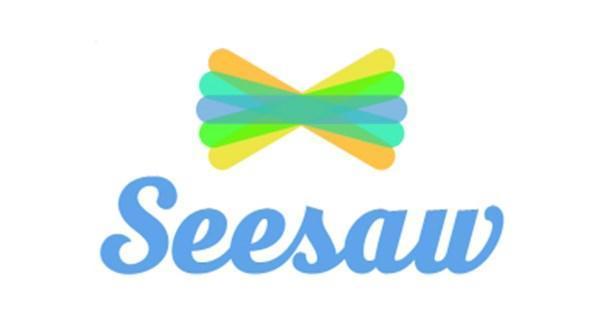
At Hadrian Primary School, we are MUSICIANS!
Music in the Early Years Foundation Stage (EYFS)
In the EYFS, we recognise the importance of developing children’s artistic and cultural awareness as a foundation for their imagination, creativity, and communication. Regular engagement with the arts provides children with opportunities to explore a wide range of media, materials, and expressive forms. The variety and quality of what children see, hear, and participate in are essential for developing their understanding, self-expression, vocabulary, and ability to communicate through the arts. The frequency, repetition, and depth of these experiences are crucial in supporting their progress in interpreting and appreciating what they hear, respond to, and observe.
Early Learning Goals (ELGs) that link to music:
- ELG: Being Imaginative and Expressive
- Sing a range of well-known nursery rhymes and songs.
- Perform songs, rhymes, poems, and stories with others, and – when appropriate – try to move in time with music.
In the EYFS, children...
- Have access to a wide variety of percussion instruments, both indoors and outdoors, and are introduced to their names and sounds.
- Explore how sounds can be altered and learn related vocabulary such as loud/quiet, fast/slow, high/low, and high-pitched/low-pitched.
- Build up a repertoire of songs and rhymes, with regular opportunities to sing in different contexts, helping to embed language development and memory.
- Listen to a range of different types of music, exploring various genres, cultures, and musical traditions, to deepen their understanding and appreciation.
- Are encouraged to move in response to music, developing coordination, rhythm, and expression through simple movements, dance, and exploration.
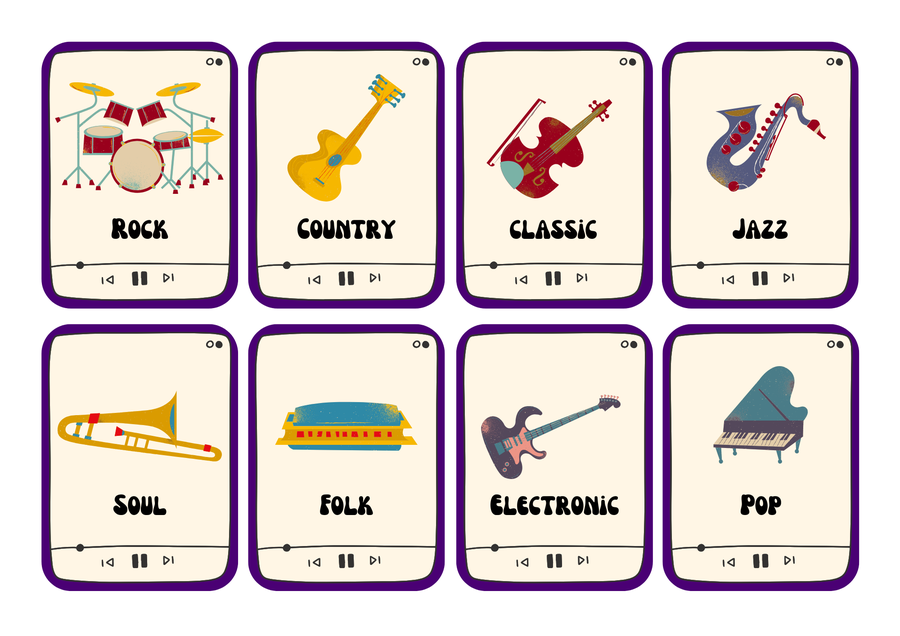
By embedding music into the daily experiences of our EYFS children, we foster not only creativity and self-expression but also key skills in communication and language. Music helps to support their overall development and well-being, giving them the foundation for continued learning in the arts throughout their education.
How do we support children with additional learning needs?
Music across the Curriculum
Music is incorporated to help children transition smoothly into the hall for assemblies, effectively reducing low-level disruptions. This approach helps to ease anxiety for children with SEMH needs and minimizes distractions for those with ASD or ADHD. Teachers also find music useful in classrooms as a calming influence, such as playing soft tunes while students engage in Art activities or using it to help children settle after breaks or lunch.
Research suggests that children exposed to specific types of music, particularly those who learn to play an instrument, develop stronger language skills, including the ability to distinguish phonics sounds. This is especially beneficial for children with below-average reading or speech skills. In Reception and Year 1, nursery rhymes and repetitive songs are regularly used across subjects to support lesson delivery. This technique not only improves focus and engagement but also aids in retention and recall, particularly for children with Communication & Language needs.
To further support memory, musical techniques such as times-table songs and ‘alphabet tunes’ are frequently used with EYFS and KS1 children. Older students also benefit from this method, with teachers setting key words or formulas to music to help students remember important content.
Additional Reading to enhance music
Examples of additional texts we use to enhance our Music curriculum:
There Was an Old Lady Who Swallowed a Fly - Pam Adams
The Three Little Pigs - Mara Alperin and Ag Jatkowska
A Squash and a Squeeze - Julia Donaldson and Axel Scheffler
We're Going On A Bearhunt– Michael Rosen and Helen Oxenbury
Giraffes Can't Dance – Giles Andreae and Guy Parker-Rees
Musical Max – Robert Kraus
The Gingerbread Man – Ladybird
Macbeth – Anna Claybourne and Tom Morgan-Jones
The Firework Maker's Daughter - Philip Pullman
What a Wonderful World - Ashley Bryan
Useful Links
Here are a few links to websites that you might want to try:
https://https://www.bbc.co.uk/teach/school-radio
https://www.bbc.co.uk/teach/ten-pieces
https://www.bbc.co.uk/teach/bring-the-noise/eyfs-ks1-music-play-it-bring-the-noise/z4sq92p
https://gb.abrsm.org/en/inspire/explore-classical-100-and-be-inspired/
Teach yourself recorder: https://www.youtube.com/watch?v=VYDRLHj6vDQ&list=PLGbTO82eAIaxvszSGFoe84q1C4d_3Lpj1
